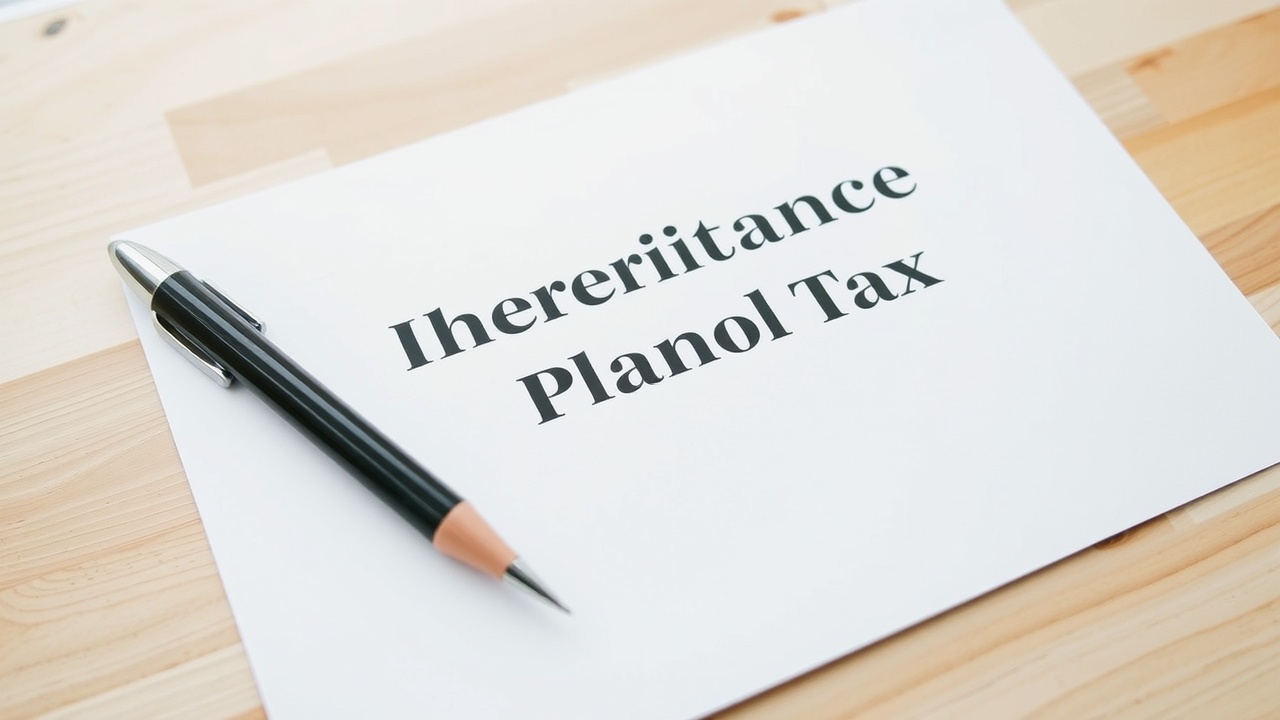
The average home may be subject to inheritance tax starting in 2035 due to rising home prices and frozen tax thresholds
New research from investment firm Wealthify suggests that by 2035, the average person may be paying inheritance tax (IHT) on their parents' estate as home values continue to rise.
Surveys of parents of adult children in the UK who intend to leave a monetary inheritance were conducted to learn more about attitudes regarding early inheritance gifting.
According to the study, most parents (84 percent) believe that the majority of their assets will be left to their children.
The research indicates that parents typically want to leave their children an inheritance of 311,904.
According to current IHT regulations, beneficiaries who inherit an estate worth less than £325,000 are exempt from paying taxes.
Nonetheless, according to Wealthify's analysis of government Land Registry home prices since 1990, the average home price may surpass 325,000 by September 2035 (325,461).
Homes will already be above this threshold in many parts of the United Kingdom.
What are some ways to raise the inheritance tax threshold?
Each homeowner is eligible for an additional 175,000 in main residence IHT relief. Consequently, two parents who own the primary family residence can transfer an additional 350,000 in property wealth to their direct descendants, i.e. young people.
On the other hand, estates worth more than £2 million will see a gradual removal of the additional nil-rate band. A withdrawal rate of one for every two over this threshold will apply.
Children could receive up to 1 million dollars from their parents, which includes 325,000 from each parent and an additional 175,000 in property relief from each parent. Spouses also inherit any unused IHT allowances.
Although the most recent data indicates that just over 4% of estate beneficiaries pay IHT, Wealthify's analysis predicts that this percentage will increase to over 7% by 2032 - 2033, given the rapid growth in wealth.
Because the average house price in the UK is 268.548 as of January 2025, inheritance tax will not be due by anyone who inherits a property of this value.
In comparison, the average UK home price was only 176,439 in 2015. This represents a 62 percent increase over the current average and an 84 percent increase over the projections for 2035.
When loved ones inherit money, inheritance taxes can cost them tens of thousands of pounds. In the 2024 - 2025 tax year alone, the tax is expected to bring in about 8.3 billion pounds for the government.
Until the 2029 - 2030 fiscal year, the inheritance tax threshold remains fixed at 325,000. A 40 percent tax rate is typically applied to anything inherited over £325,000. If at least 10% of the estate's net worth above the threshold is donated to charity, this drops to 36%.
Is it wise to distribute your inheritance before you pass away?
Perhaps reflecting the steadily rising cost of real estate in Britain, Wealthify's research also revealed that the second most common reason parents are thinking about giving their children an inheritance early and avoiding inheritance tax is to assist them in purchasing or improving real estate (38 percent).
Wealthify's chief operating officer, Simon Holland, states: "Given financial gifts to adult children while you're still alive can be incredibly fulfilling, especially given the rising cost of living and real estate in the UK.
"If you are financially capable, in good health, and relatively young, you might want to think about leaving your kids a sizable inheritance while you are still living.
This could potentially lower your future inheritance tax liability if your estate is expected to surpass the nil-rate band.
However, if you pass away within seven years of the gift, inheritance tax may still be due (provided your estate exceeds the current 325,000 threshold).
You should get financial advice if you're not sure what to give.














Leave a comment on: The typical property may have to pay inheritance tax in just ten years